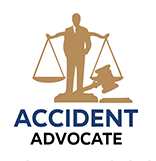Navigating Insurance Claims After a Car Accident: Expert Tips
Navigating insurance claims after a car accident can be overwhelming. While they may seem helpful at first, their goal is to minimize payouts—not to ensure you receive fair compensation.
Making a mistake during the claims process could cost you thousands of dollars. That’s why understanding how to navigate insurance claims after a car accident is essential for getting the compensation you deserve.
In this guide, we’ll walk you through the step-by-step process, common pitfalls to avoid, and expert tips to maximize your settlement.
1. Report the Accident to Your Insurance Provider Immediately
Most insurance policies require you to report an accident within a specific timeframe—often 24 to 72 hours.
- Call your insurance company ASAP to start the claims process.
- Provide basic details about the accident (time, location, and involved parties).
- Do not admit fault—even if you think you were partially responsible.
💡 Pro Tip: If the other driver’s insurance company contacts you, avoid giving a recorded statement without consulting a lawyer first.
📌 Related Resource: Understanding Auto Insurance Claims
2. Gather Strong Evidence to Support Your Claim
The stronger your evidence, the higher your chances of a fair payout. Be sure to collect:
- Accident photos & videos – Capture vehicle damage, road conditions, traffic signs, and injuries.
- Police report – This official document can prove fault and back up your claim.
- Witness statements – Get contact information from anyone who saw the crash.
- Medical records – Proof of injuries, treatments, and ongoing care.
- Repair estimates – Obtain a damage assessment from a trusted mechanic.
💡 Pro Tip: Keeping a written journal of your pain, recovery, and missed workdays can strengthen your claim for pain & suffering compensation.
📌 Related Resource: How to Collect Evidence After a Car Accident
3. Beware of Quick Settlement Offers
After filing a claim, the insurance adjuster may offer a fast settlement. While it might seem tempting, these initial offers are often lower than what you actually deserve.
Why Insurance Companies Offer Low Settlements:
- They hope you’ll accept quickly before realizing the full cost of your injuries.
- They expect you to be unaware of your rights.
- They want to close the case before you consult an attorney.
💡 Pro Tip: Never sign a settlement agreement too soon—once you accept, you can’t ask for more money later.
📌 Related Resource: Why You Shouldn’t Accept the First Insurance Offer
4. Understand What Damages You Can Claim
Many accident victims don’t realize the full amount of compensation they’re entitled to. You can claim:
- Medical bills – Hospital visits, surgeries, medication, and therapy.
- Lost wages – Income lost due to time off work.
- Property damage – Car repairs or replacement.
- Pain & suffering – Compensation for emotional distress and reduced quality of life.
- Future medical expenses – For long-term or permanent injuries.
💡 Pro Tip: A personal injury lawyer can help calculate your true damages and ensure you don’t settle for less than you need.
📌 Related Resource: How Car Accident Settlements Are Calculated
5. Handling Insurance Adjusters: What to Say & What to Avoid
Insurance adjusters are trained to minimize payouts. They may act friendly, but their goal is to save their company money.
What You Should Say:
- Stick to basic facts (date, time, location of the accident).
- Be honest but avoid giving too much information.
- Let them know you’ll be seeking medical treatment.
What You Should NOT Say:
- Never admit fault or say, “I should have been more careful.”
- Don’t downplay injuries – Saying, “I feel fine,” could hurt your claim later.
- Avoid guessing details – If you don’t remember something, just say, “I’m not sure.”
💡 Pro Tip: If you feel pressured, tell the adjuster that all communication should go through your attorney.
📌 Related Resource: How to Deal with Insurance Adjusters After an Accident
6. When to Hire an Auto Accident Attorney
Hiring a lawyer isn’t always necessary, but if any of the following apply, legal representation can maximize your payout:
- You suffered serious injuries requiring ongoing medical treatment.
- Your claim was denied or the insurance company is delaying payment.
- The settlement offer is too low to cover medical expenses.
- Fault is being disputed and you need help proving your case.
💡 Pro Tip: Most accident attorneys offer free consultations and work on a contingency basis—meaning you only pay if they win your case.
📌 Find an Attorney Near You: American Bar Association Lawyer Directory
Final Thoughts: Protect Yourself When Navigating Insurance Claims
Insurance companies don’t always have your best interests in mind—but by knowing your rights and following these expert tips, you can avoid common mistakes and secure the compensation you deserve.
After an accident, remember:
- Report the accident but be cautious when speaking with adjusters.
- Gather strong evidence—photos, police reports, medical records.
- Don’t accept the first settlement offer—it’s likely lower than what you deserve.
- Consult an attorney if needed—they can help fight for a fair settlement.
Taking the right steps early on can ensure you receive full and fair compensation for your injuries and damages.
📌 Learn More: Accident Advocate




